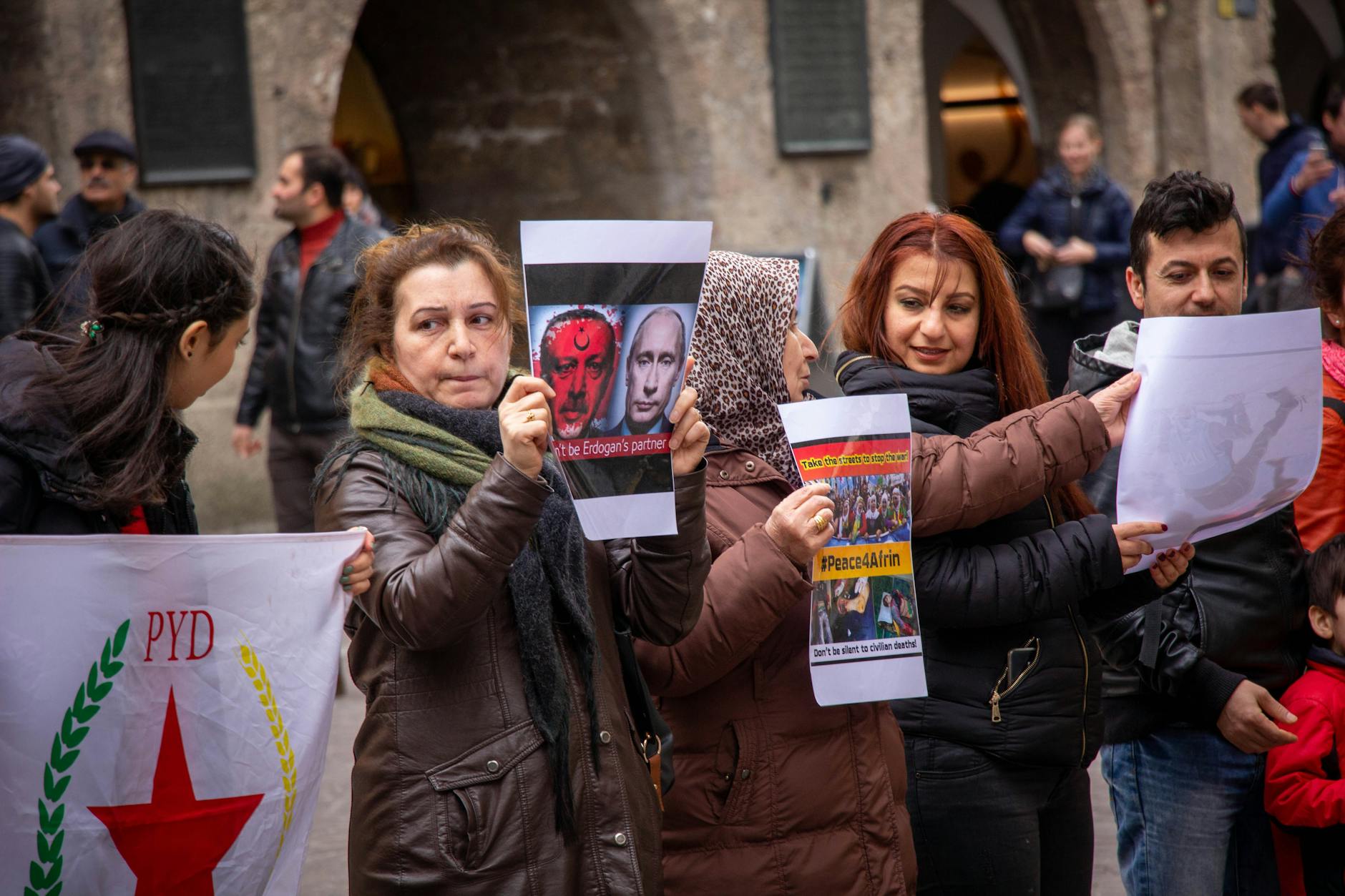Erdoğan Secures Third Term as Turkey's Democratic Opposition Falls Short

Long queues formed outside polling stations across Turkey on May 28, as reported by international media outlets covering the runoff election. Reuters documented voters waiting hours in Istanbul and Ankara, determined to participate in what many viewed as Turkey's most consequential election in decades. By evening, those voters had delivered their verdict.
Recep Tayyip Erdoğan would get another five years.
The president's 52.2% victory over opposition leader Kemal Kılıçdaroğlu wasn't the landslide of previous elections, but it was decisive enough. After twenty years in power—first as prime minister, then president—Erdoğan had survived his most serious electoral challenge yet. The opposition had unified. International observers had descended. The world had watched.
It wasn't enough.
The result capped a campaign that unfolded against the wreckage of February's devastating earthquake, with inflation eating away at household savings and opposition parties forming their most credible coalition in decades. Kılıçdaroğlu, the mild-mannered former civil servant who led the "Table of Six" alliance, had promised a return to parliamentary democracy and orthodox economics.
Turkish voters chose continuity over change.
The February earthquake that killed over 50,000 people should have been politically devastating for Erdoğan. As reported by the Financial Times, opposition politicians immediately pointed to years of construction amnesties that had allowed substandard buildings to collapse. The BBC documented criticism of the government's initial response as slow and inadequate.
But Erdoğan demonstrated political resilience that surprised many analysts. Rather than deny the tragedy, his campaign promised reconstruction—not just of buildings, but of Turkey's regional influence. According to analysis in Foreign Affairs, crisis management became his argument for experienced leadership over untested alternatives.
The economy presented complex challenges for both candidates. With inflation above 50% and the lira experiencing severe depreciation, orthodox economists supported Kılıçdaroğlu's promise to restore conventional monetary policy. Yet Erdoğan's unorthodox approach—maintaining low interest rates despite soaring prices—had its own political logic, as noted by Bloomberg reporting. While hurting savers, these policies kept construction projects running and maintained employment in key sectors.
The Opposition's Unity Moment
For the first time in decades, Turkey's fractured opposition achieved remarkable unity through the "Table of Six" coalition. The alliance brought together parties with significant ideological differences, united primarily by their determination to end Erdoğan's rule. Kılıçdaroğlu embodied their promise of competent governance after years of increasingly personalized presidential rule.
The coalition's platform emphasized institutional restoration: returning to a parliamentary system, strengthening judicial independence, and adopting orthodox economic policies. They promised to repair Turkey's relationships with Western allies while maintaining strategic autonomy—a message that resonated with voters concerned about international isolation.
However, as analyzed in Turkish policy journals, Kılıçdaroğlu's technocratic approach struggled against Erdoğan's populist appeal. The president successfully portrayed the opposition as disconnected from ordinary concerns, while his supporters rallied around narratives of national resilience against foreign pressure.
Parliamentary Dynamics Shift
While Erdoğan secured the presidency, parliamentary elections held simultaneously on May 14 showed shifting political dynamics. The ruling Justice and Development Party (AKP) and its allies maintained control with 322 seats in the 600-member assembly, but their reduced majority signals potential governing challenges ahead.
The pro-Kurdish Green Left Party's strong performance—winning 61 seats—gives them significant leverage in a more fragmented parliament. According to constitutional law experts quoted in Turkish media, this could force Erdoğan to build broader consensus for major legislation, representing a meaningful constraint on presidential power.
Political scientists noted that these parliamentary results create space for opposition voices that hadn't existed during the AKP's most dominant periods, potentially leading to more contested policymaking processes.
Economic Challenges Ahead
Erdoğan's third term begins with Turkey facing severe economic pressures. The unorthodox monetary policies that helped him politically have contributed to persistent inflation and currency instability. International investors, as reported by Reuters, continue demanding policy changes that his political base might resist.
The president has hinted at potential policy adjustments toward more orthodox approaches, though many economists remain skeptical given his past commitments to low interest rates. Twenty years in power have demonstrated Erdoğan's prioritization of political survival over economic orthodoxy when the two conflict.
Turkey's complex international position adds another layer of challenge. The country hosts millions of Syrian refugees, maintains delicate relationships with both Russia and Ukraine, and balances NATO membership with regional independence. According to foreign policy experts quoted in international media, Erdoğan's experience navigating these relationships may be his greatest governing asset.
Regional Implications
The election results have significant implications beyond Turkey's borders. European Union officials, as reported by European media outlets, view Erdoğan's victory with concern given ongoing disputes over rule of law and human rights. NATO allies face continued challenges in managing relationships with a key member whose foreign policy often diverges from alliance positions.
Regional analysts note that Turkey's role in Middle Eastern conflicts, from Syria to Libya, will likely continue under established patterns. Erdoğan's experience in managing these complex relationships, while sometimes controversial, provides continuity in an increasingly unstable region.
The election outcome also affects Turkey's relationships with neighboring countries, from Greece to Armenia, where Erdoğan's policies have generated both cooperation and tension over the past two decades.
For now, Turkish voters have chosen familiar leadership over uncertain change. Whether this proves beneficial may depend less on Erdoğan's political skills than on forces beyond any leader's control: global economic conditions, regional stability, and the simple passage of time in a country where political longevity increasingly faces democratic constraints.
